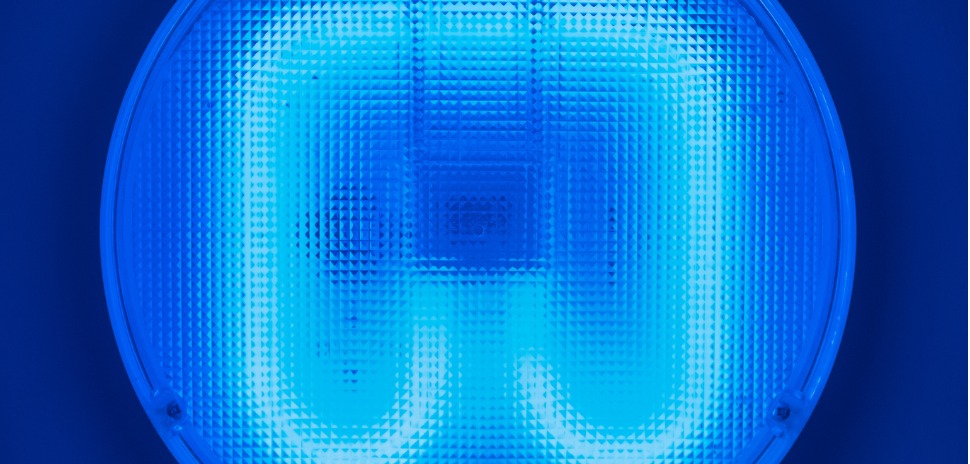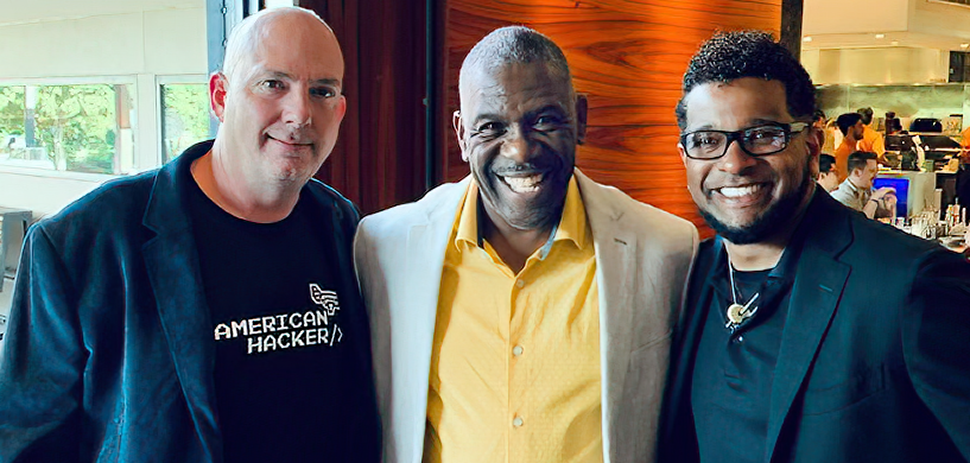For decades, hospitals, bio-research laboratories, and government facilities have been designed and built with air and light technology that controls the spread of infectious diseases.
As the Centers for Disease Control and Prevention continue to study ways to stop the spread of COVID-19, Broaddus & Associates Regional Vice President of North Texas Scot Sanders says proven technologies can limit the spread of the disease.
“For about 20 years, we’ve been using disinfected air and light technologies in hospitals and bio research laboratories to kill and keep infectious diseases from spreading,” Sanders said. “This technology has been around since the ’80s, but it has primarily been used in hospitals, bio research labs, and university-level research facilities.”
As the world layers facemasks and social distancing into daily practices, Sanders said businesses should consider implementing modern technologies in the workplace.
“When you layer together solutions, you can create a safe and resilient workplace,” Sanders said. “We believe this technology will become more ubiquitous in office, restaurant, and retail spaces, and public spaces such as sports arenas.”
The combined technology of UV and hydro-ionized disinfecting air and UV-C germicidal light on surfaces mimics the natural purification process that exists in outdoor air and sunlight. The combination has been tested and found effective to kill 99.9 percent of virus pathogens in the air and on surfaces, including H1N1, swine flu, and coronavirus, according to the Texas Biomedical Research Institute.
Active disinfecting air is the newest advance in treated air systems. Photocatalytic oxidation is used to create microscopic hydro-peroxide in the rooms actively bonding with and neutralizing viruses in the air around us, and disinfecting surfaces that it lands on at the same time. This means office furniture and air are being continuously disinfected all day long, which is far more effective than periodic cleaning by janitorial staff.
Rockwall County is currently exploring use of the technology systems in the renovation and expansion of its county jail, said Commissioner Dennis Bailey, Precinct 3.
“As a county, we are very interested in using the best proven engineering technologies to make our facilities safer for the people we serve and our employees,” Commissioner Bailey said. “In fact, we have added UV-C air disinfectant into the design of our new jail. We are excited by the possibility to actively disinfect the air in our public facilities, making it safer for our staff and our citizens. It is the right thing to do.”
Commissioner Bailey said Rockwall is instituting other workforce protocols county-wide, along with a multi-layered approach from Broaddus.
Broaddus Vice President Boyd Black, who is working on a one million square-foot expansion at Memorial Hermann at Texas Medical Center in Houston, said the standard practice is to put HVAC and UV disinfectant technology systems in operating and emergency rooms, critical units, and trauma bays. Today, health care facilities are doing more technology upgrades, especially in areas serving COVID-19 patients.
“In hospital and health care environments, there may be custodial staff to frequently and rigorously disinfect, but in the office environment, this level of rigor around wiping down desks and tabletops on a continuous basis does not often occur,” Black said.
While disinfectant technology has not been seen as critical to new commercial construction, Black thinks more businesses will consider adding the new technologies at a marginal cost to keep businesses clean.
“I think a lot of businesses and a lot of their employees going into work will be a lot more focused on making sure their environments are as clean as they can be,” Black said. “These are proven engineering technologies that can make it safer for people to walk around and interact in workplaces.”
A version of this story first appeared on the Dallas Regional Chamber site. Dallas Innovates is a collaboration of D Magazine Partners and the Dallas Regional Chamber.
![]()
Get on the list.
Dallas Innovates, every day.
Sign up to keep your eye on what’s new and next in Dallas-Fort Worth, every day.


































































